Tudor Textiles
By: Eleri Lynn
-
Rs 8,095.50
- Rs 8,995.00
- 10%
You save Rs 899.50.
Due to constant currency fluctuation, prices are subject to change with or without notice.
Zubin Mehta: A Musical Journey (An Authorized Biography)
By: VOID - Bakhtiar K. Dadabhoy
Rs 840.00 Rs 1,050.00 Ex Tax :Rs 840.00
Flying Blind - The 737 MAX Tragedy and the Fall of Boeing
By: Peter Robison
Rs 3,295.00 Ex Tax :Rs 3,295.00
Born To Dare The Life Of Lt Gen Inderjit Singh Gill Pvsm Mc
By: William Smethurst
Rs 895.00 Ex Tax :Rs 895.00
The Origins of Political Order From Prehuman Times to the French RevolutioN
By: Francis Fukuyama
Rs 4,495.00 Ex Tax :Rs 4,495.00
Manning Up: How the Rise of Women Has Turned Men into Boys
By: Kay Hymowitz
Rs 995.00 Ex Tax :Rs 995.00
The Obama Syndrome: Surrender At Home War Abroad
By: Tariq Ali
Rs 1,036.00 Rs 1,295.00 Ex Tax :Rs 1,036.00
The Quest For Meaning: Developing A Philosophy Of Pluralism
By: Tariq Ramadan
Rs 1,116.00 Rs 1,395.00 Ex Tax :Rs 1,116.00
The Pakistan US Conundrum Jihadists The Military And The People The Struggle For Control
By: Yunas Samad
Rs 1,116.00 Rs 1,395.00 Ex Tax :Rs 1,116.00
An Enemy We Created: The Myth Of The Taliban Al Qaeda Merger In Afghanistan 19702010
By: Alex Strick van Linschoten
Rs 5,250.00 Ex Tax :Rs 5,250.00
WikiLeaks: Inside Julian Assanges War on Secrecy
By: David Leigh & Luke Harding
Rs 850.00 Ex Tax :Rs 850.00
Flying Blind - The 737 MAX Tragedy and the Fall of Boeing
By: Peter Robison
Rs 3,295.00 Ex Tax :Rs 3,295.00
Born To Dare The Life Of Lt Gen Inderjit Singh Gill Pvsm Mc
By: William Smethurst
Rs 895.00 Ex Tax :Rs 895.00
No recently viewed books available at the moment.
Zubin Mehta: A Musical Journey (An Authorized Biography)
By: VOID - Bakhtiar K. Dadabhoy
Rs 840.00 Rs 1,050.00 Ex Tax :Rs 840.00
Flying Blind - The 737 MAX Tragedy and the Fall of Boeing
By: Peter Robison
Rs 3,295.00 Ex Tax :Rs 3,295.00
Born To Dare The Life Of Lt Gen Inderjit Singh Gill Pvsm Mc
By: William Smethurst
Rs 895.00 Ex Tax :Rs 895.00












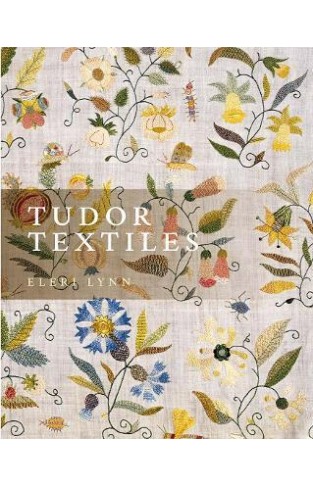
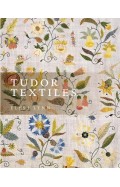
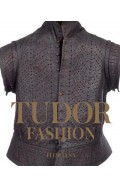
-120x187.jpg?q6)







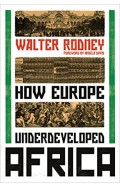
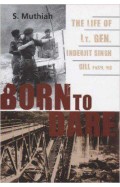


-120x187.jpg?q6)



-120x187.jpg?q6)



